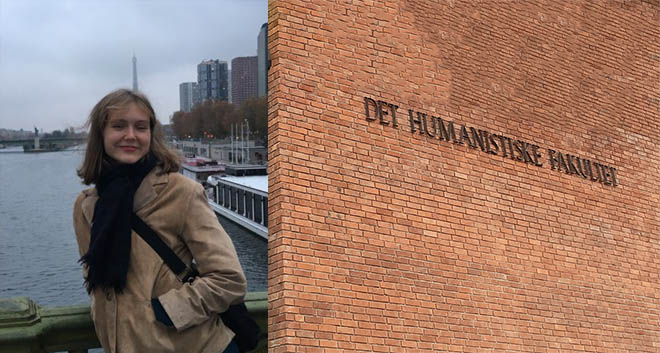
In 19th century France, so-called collecting societies – the organisations that collect royalties for playwrights, composers, and songwriters – accumulated enormous power in the staging of music and drama. This thesis follows the Société des auteurs et compositeurs dramatiques (SACD) and the Société des auteurs, compositeurs et éditeurs de musique (SACEM), who – in the period of interest – took managers, small business owners, state bureaucrats, and each other to court, resulting in lawsuits that shaped the legal definition of French performance. Parallelly with the rising legal power of authors, another professional group – performing artists – mobilised in unions to protect their rights as employees of venues and troupes. Performers’ unions blossomed alongside the emerging of a modern celebrity culture, one that put the celebrities’ images and voices at the centre of the music and theatre business.
Nesheim analyses the agency of, and power-dynamics between, authors, performers, and managers in three decades (1890s, 1920s, 1950s) of legal, economic, and technological change. She argues that sound recording technology and radio challenged different professions’ ability to create and control music and drama, with big consequences for ownership, remuneration, and control. In 1955, the l’Administration des Droits des Acteurs et Musiciens Interprètes (ADAMI) was founded as the first collecting society for performing artists. To understand the legacy of copyright and authors’ legal power to musicians and actors, Nesheim argues that performers imitated the structures created by authors to ensure rights in their creative labour. Further, she argues that royalty collecting systems and celebrity status shaped the dynamics in modern entertainment industry in ways that is still affecting the industry today.
The defence is open to the public.
Trial lecture
Designated topic: "How Have Authors’ Rights Affected The Production Of Entertainment Culture? Key Trends From The Berne Convention Of 1886"
Tuesday May 7 kl. 10.15 am at Helga Engs hus, Auditorium 2
Webinar
Webinar link for the trial lecture and the defence
Evaluation committee
- Associate Professor Stina Teilmann-Lock, Copenhagen Business School (first opponent)
- Dr. (Reader) José Bellido, University of Kent (second opponent)
- Professor Klaus Nathaus, University of Oslo (committee administrator)
Chair of the defence
- Professor Lucia Carminati, University of Oslo
Supervisors
- Professor Veronique Isabelle Claire Pouillard, University of Oslo
- Professor Derek Miller, Harvard University
- Professor Giuliano D'Amico, University of Oslo